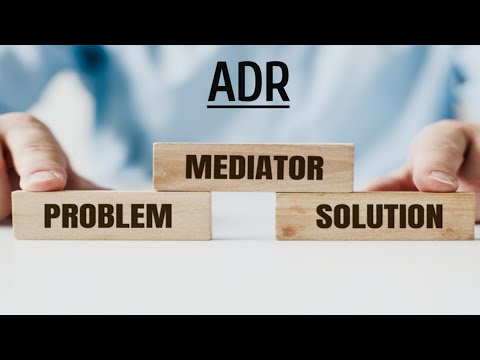Property disputes can be complex and emotionally charged, often leading to prolonged legal battles that strain relationships and drain resources. Mediation offers a compelling alternative, providing a structured yet flexible approach to resolving conflicts amicably. In this article, we’ll explore the role of mediation in property disputes, examine its benefits, and offer practical strategies for a successful mediation process. Discover how mediation can be a powerful tool in resolving your property disputes efficiently and effectively.
Understanding Mediation in Property Disputes
Mediation is a voluntary and confidential process where an impartial mediator facilitates negotiations between disputing parties to help them reach a mutually acceptable resolution. Unlike traditional litigation, which can be adversarial and time-consuming, mediation focuses on collaboration and problem-solving. This approach can be particularly effective in property disputes, where maintaining ongoing relationships and finding practical solutions are often critical.
Why Choose Mediation for Property Disputes?
- Cost-Effectiveness Mediation is generally more affordable than litigation. According to the Civil Mediation Council, mediation can reduce costs by up to 70% compared to going to court. This is due to the streamlined process and shorter timeframes involved.
- Speed of Resolution Property disputes can drag on for months or even years in court. Mediation typically resolves issues within a few sessions, offering a quicker resolution and reducing the overall stress and disruption associated with lengthy legal battles.
- Confidentiality Mediation sessions are private, and any agreements reached are not public records. This confidentiality allows parties to discuss sensitive issues without the fear of public exposure, which can be crucial in property disputes involving personal or business relationships.
- Preserving Relationships Mediation aims to find a win-win solution and often helps preserve relationships between parties. This is especially valuable in property disputes involving neighbors, family members, or business partners where future interactions are likely.
- Control and Flexibility Unlike a court ruling, mediation allows parties to craft creative solutions tailored to their specific needs. This flexibility can result in more satisfactory outcomes and agreements that are more likely to be honored by all parties involved.
Common Property Disputes Suited for Mediation
- Boundary Disputes Disputes over property lines are common among neighbors. Mediation can help clarify boundaries and agree on terms for their use or adjustment, avoiding the need for costly and divisive court proceedings.
- Landlord-Tenant Issues Conflicts such as disputes over lease terms, repairs, or unpaid rent are frequent in landlord-tenant relationships. Mediation offers a way to address these issues constructively, leading to agreements that can resolve disputes without resorting to eviction or other legal actions.
- Inheritance Disputes Disagreements over the distribution of inherited property can cause family tensions. Mediation can help family members reach a consensus that respects the deceased’s wishes while addressing the needs and concerns of all parties involved.
- Property Use Disputes Issues regarding the use of shared or neighboring properties, such as easements or right-of-way conflicts, can be resolved through mediation. This process helps parties negotiate terms that accommodate everyone’s needs without resorting to litigation.
Preparing for Mediation
- Gather Relevant Documentation Compile all necessary documents related to the dispute, including property deeds, leases, and correspondence. This information will help the mediator understand the context and details of the conflict.
- Define Your Goals Clearly outline your objectives and desired outcomes from the mediation process. Having a clear idea of what you want to achieve will help you negotiate more effectively and stay focused on finding a resolution.
- Engage a Skilled Mediator Choose a mediator with experience in property disputes. A qualified mediator will understand the complexities of property law and be able to guide the negotiation process effectively.
- Be Open and Collaborative Approach mediation with an open mind and a willingness to collaborate. Be prepared to listen to the other party’s perspective and consider compromise solutions that address both parties’ concerns.
Success Stories: Mediation in Action
Consider the case of a dispute between two neighbors over a shared boundary line. After months of escalating tensions and potential legal action, they agreed to mediation. Through the process, they discovered a mutually beneficial solution that involved a minor adjustment to the boundary and a shared maintenance plan. This agreement not only resolved the conflict but also improved their relationship.
In another instance, a landlord and tenant faced a dispute over unpaid rent and property maintenance issues. Mediation facilitated a discussion that resulted in a revised payment plan and clear expectations for property upkeep, allowing both parties to move forward without the need for formal eviction proceedings.
Conclusion
Mediation offers a practical and effective solution for resolving property disputes, providing benefits such as cost savings, confidentiality, and the preservation of relationships. By understanding the mediation process, preparing effectively, and engaging a skilled mediator, parties can resolve conflicts efficiently and amicably. Whether dealing with boundary issues, landlord-tenant conflicts, or inheritance disputes, mediation can help you find a satisfactory resolution while maintaining positive relationships.
